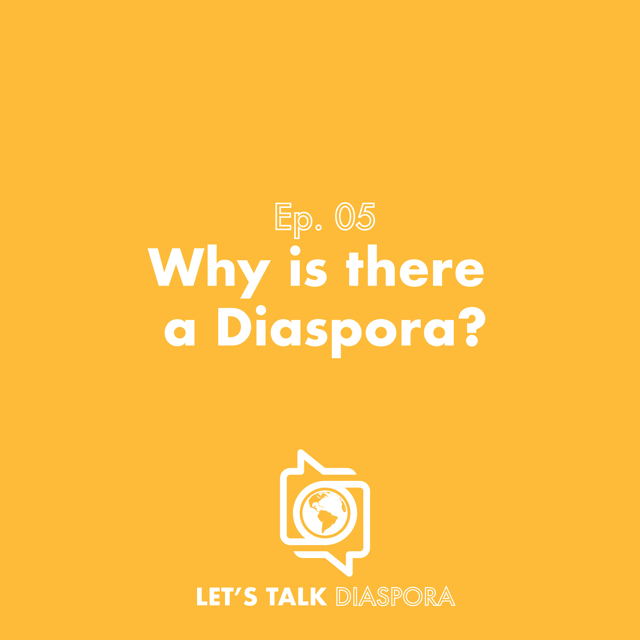

People Group Profiles on people groups that primarily came to North America as refugees.
A recent NPR article on the Rohingya Refugee Crisis
Trauma Healing Resources:
https://www.multiplyinghope.org/
https://traumahealinginstitute.org/
International Professional Workers
International Students
Stats and figures for International Students in the US
Listing of the top 500 largest international student populations by school

People Group Profiles on people groups that primarily came to North America as refugees.
A recent NPR article on the Rohingya Refugee Crisis
Trauma Healing Resources:
https://www.multiplyinghope.org/
https://traumahealinginstitute.org/
International Professional Workers
International Students
Stats and figures for International Students in the US
Listing of the top 500 largest international student populations by school




















